Deep transformation of our global food system, in the face of intensifying climate, ecological and public health crises, has never been more urgent. Over the coming weeks [November 2022 to January 2023], we will publish a series of insights into how to drive more transformative change in the global food system. We will draw on a range of perspectives, including Forum’s own work on the future of food, in particular what we have learnt from our multiple initiatives on the future of protein, as well as insights emerging from COP27 and other events, initiatives and conversations happening around the world.
There’s no shortage of noise and opinion on what the future of food needs to look like and plenty of effort and action to get there. As an ambitious changemaker, perhaps working in the food industry, in policy or civil society, you no doubt have your point of view and a big pile of work on your plate. But will all our efforts combined add up to what the world really needs? Will it all be enough, and are we all going about change in the best possible way?
Over the next few months, we will bring some perspectives and insights to the mix on a selection of top questions and themes about food system transformation, focusing on the nature and quality of the transition the world needs to see. We’ll look at what’s slowing or stopping progress towards the best possible outcomes for the future of food, and what’s working well that others can learn from.
Why are we talking about food system transformation, and what exactly do we mean by it?
In the face of the intensifying crises facing our natural world and our health and wellbeing, and slow progress on interconnected challenges such as working conditions and livelihoods across much of the global food industry, it’s clear we need a fundamental rethink of how food works. If we’re going to achieve sustainable nutrition for the world, and soon – that is, sustainable, healthy diets that are affordable and accessible to everyone; decent livelihoods for food producers and workers and a thriving food economy; and rapid repair of the natural world that food production depends on – then we need to rework our food system to aim for just and regenerative outcomes. By that, we mean creating positive and interconnected social, environmental and economic outcomes to actively repair damage already done, not just slowing or neutralising negative impacts, while taking care to avoid unintended consequences on planet or people, and making sure no one is left behind in this transition.
So how do we get there?
We believe such a future is within our reach and there are many possible paths to it. It will take transformation rather than just incremental change, a deep redesign rather than a few tweaks, and solutions that target multiple positive benefits rather than focusing on separate problems. There is, thankfully, growing momentum on many interconnected challenges, such as reducing Scope 3 emissions to reach Net Zero, driving healthy diets, halting deforestation, and more. But progress is still too slow and siloed, and action is frankly not generally commensurate with what’s needed. Meanwhile, despite the momentum, there remains a risk of transitions falling short of solving the challenges or delivering the best possible outcomes for humanity. Given how much is now at stake, why not shoot for the moon after all?
There are many competing narratives for what is needed: Should we produce food on or off the land? Should it be done by people or machines? Should healthier and lower-carbon diets be gently encouraged, or enforced? And who should pay for the transition? How can we all as ambitious changemakers in food, whether in business, civil society, policy or elsewhere, navigate a way forward without obvious or agreed answers?
We’ve never needed ambitious, deep and rapid change in our food system as much as we do now. What is slowing us down? What is working? And what do we need to do next?
Through this exploration, we will highlight some of Forum for the Future’s and others’ insights about how to shape the quality, pace, and depth of the food transition that is so desperately needed, and so full of exciting promise.
We will share more of what we’ve learnt from the many initiatives we have led or taken part in, in particular our work on the future of protein. We will also share insights about certain traps to avoid. What can efforts to transform the protein system, as one part of the puzzle, tell us about what’s needed to transition to a world that’s delivering good food for everyone? And what signals of positive change are we collectively seeing, that can help inspire, motivate and guide us along the way, or even change people’s minds about what’s possible?
We will explore four main themes based on buzzword terms coming up repeatedly in discussions about the future of food (and elsewhere of course), but with plenty of scope to be interpreted in different ways:
Innovation, Resilience, Diversity, and Net Zero
We will ask: What would each of these look like done really well, to deliver on the ambition of achieving deep, rapid and positive transformation for the future of food, and for everyone?
We will draw on insights from COP27, from our own work around the world, and from other changemakers’ perspectives on what’s going on and what more is needed, from agriculture and food production to policy and business/industry leadership.
And we’ll be asking you to join the conversation and share your insights too: what’s stopping you or slowing you down in your efforts to transform the food system? What is working, that you’re doing or seeing around you? And what else do you need? What’s your biggest question about how we get to a just and regenerative food system?
Recommended reads:
- The future of sustainability: ‘the same, only faster’ or deep transformation that challenges the fundamentals of our systems?
- With a narrow window for innovation, will our food systems transform or unravel?
- Looking back on the Action Sprint process
About Recipes for food system transformation
From November 2022 to March 2023, we published a series of insights into how to drive more transformative change in the global food system. We drew on a range of perspectives, including Forum’s own work on the future of food, in particular. what we have learnt from our multiple initiatives on the future of protein, as well as insights emerging from COP27 and other events, initiatives, and conversations happening around the world. We delved into what is stopping us all from achieving more positive change, what is working, and what more is needed to shape the transitions needed for the world to thrive.
We hope this will inspire change-makers across the food system to think differently about what action they can take and how – join us in this conversation and tell us what you think!
This Live Research is being hosted by Forum for the Future’s Great Protein Transformation Challenge, which has been kindly supported by Hershey’s, Nestle, Volac and WWF. The views shared here do not necessarily reflect the views of these supporting organisations.


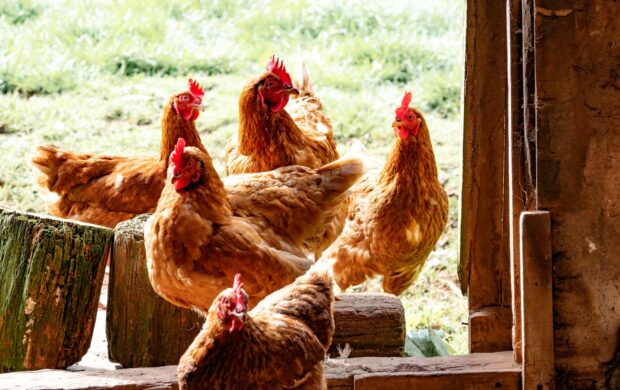


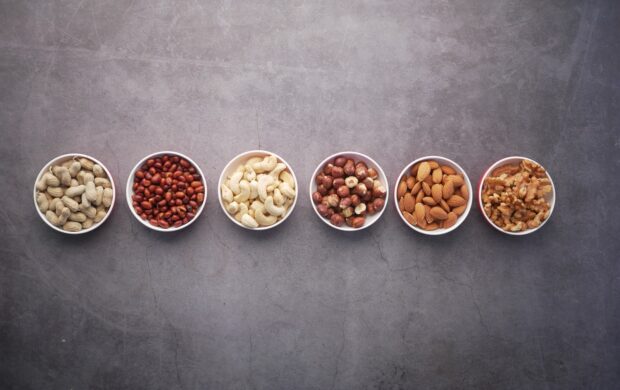
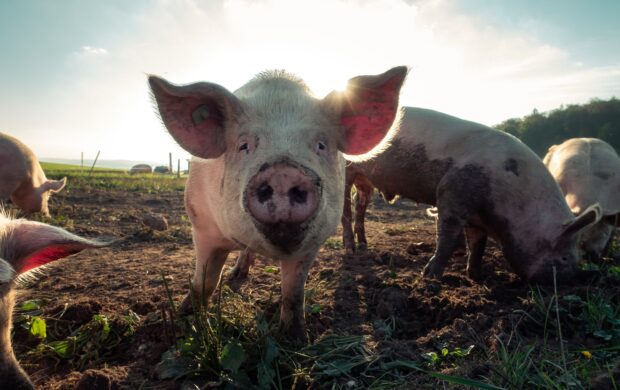


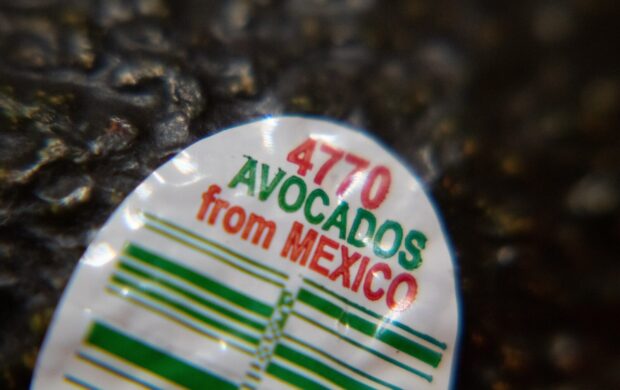


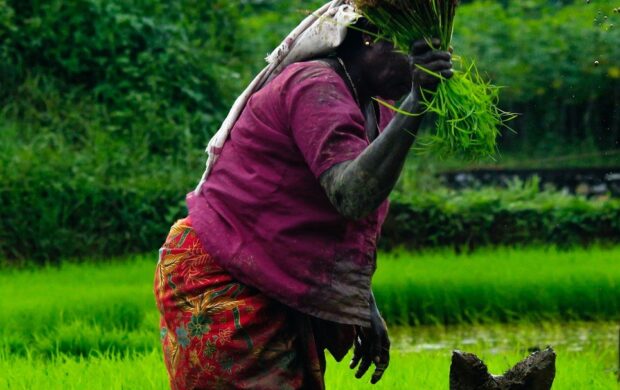




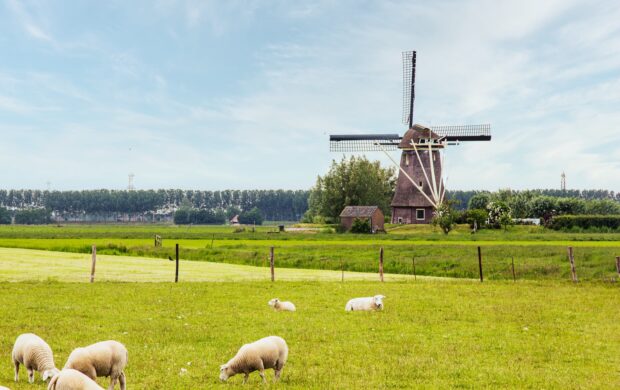


Join discussion